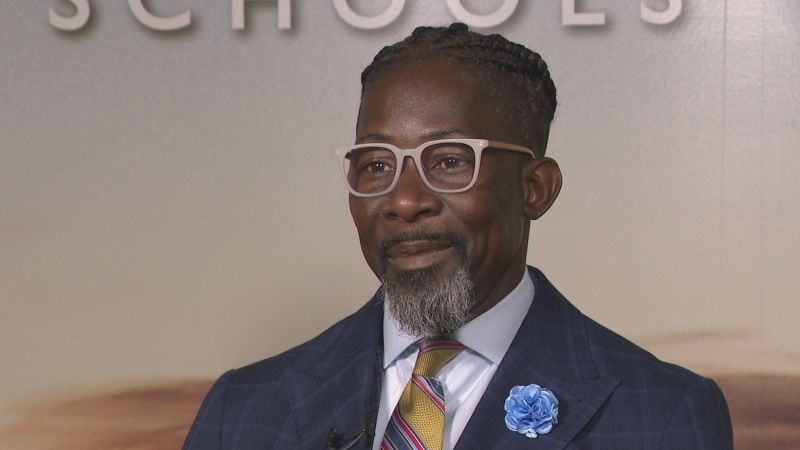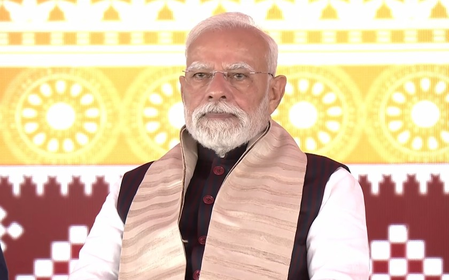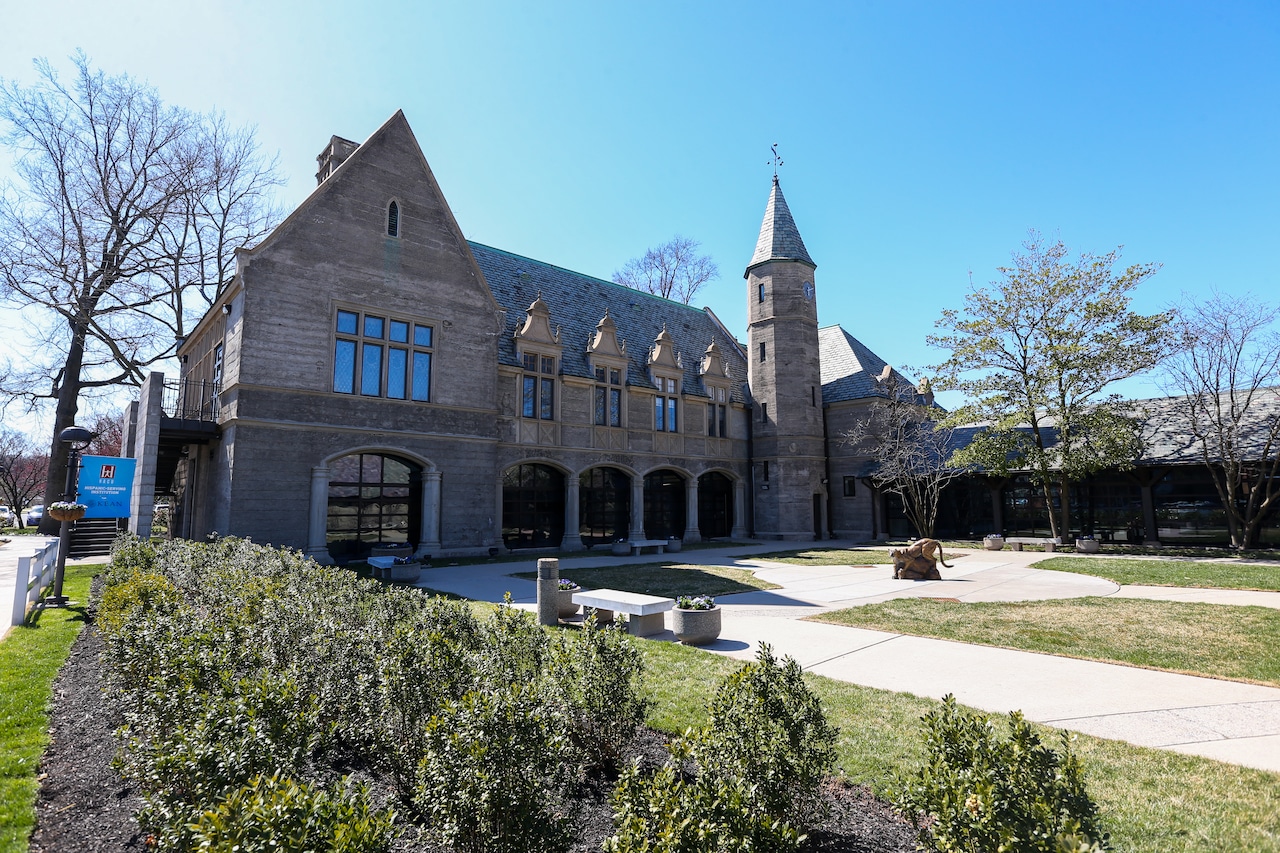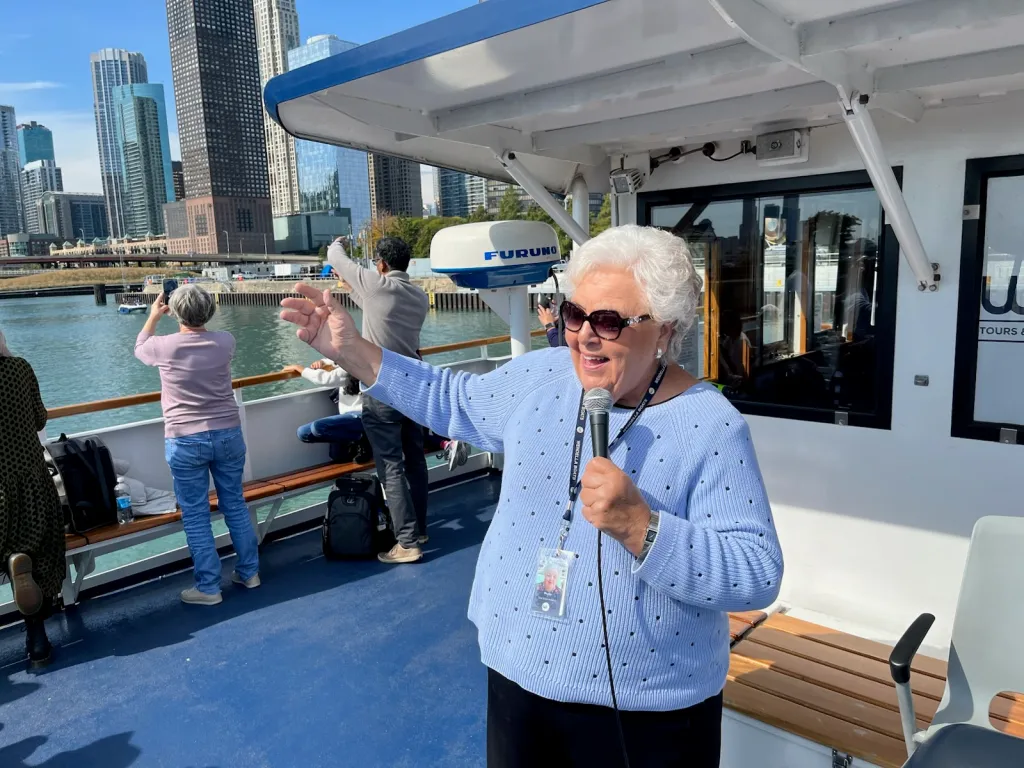By Tokunbo2
Copyright thesun
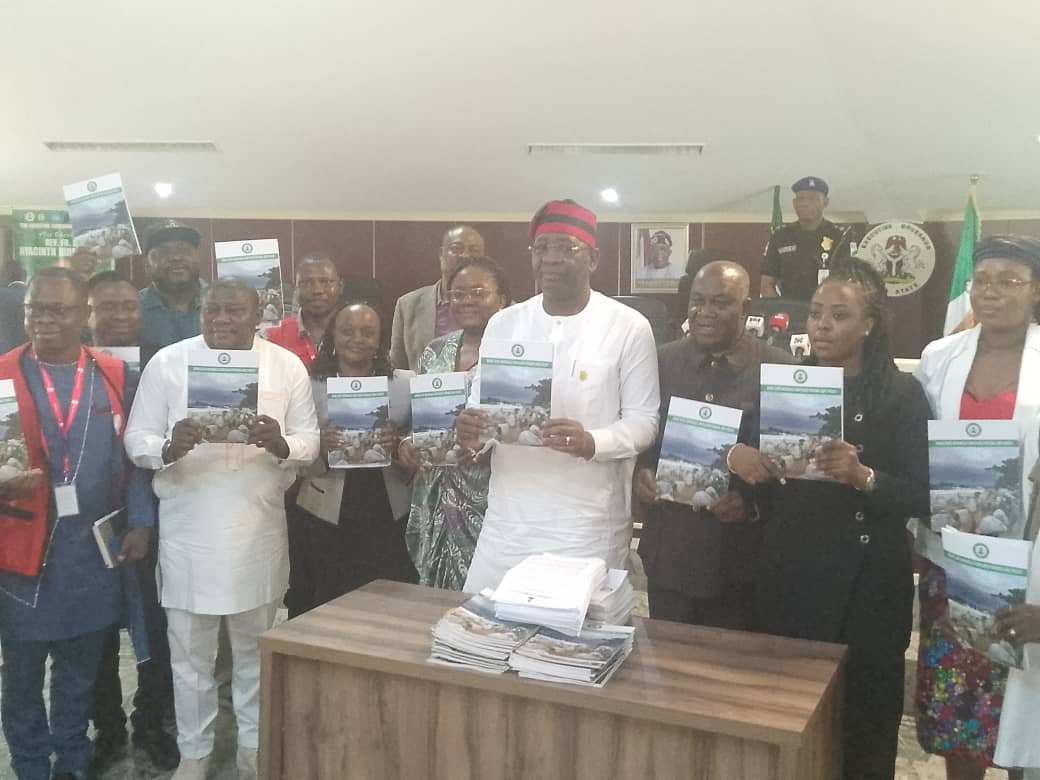
From Scholastica Hir, Makurdi
Save the Children International (SCI), a humanitarian organisation, in collaboration with the Benue State Government, has officially launched the Internally Displaced Persons (IDPs) policy in the state.
SCI, while commending the state government for the domestication of the policy, urged them to translate the policy into concrete results, safer shelters, restored livelihoods, access to education, and protection services for every displaced child and family in the state.
The Deputy Country Director, Save the Children International, Jane Mbagi Mutua, gave the charge during the launch on Tuesday, September 30, at Government House, Makurdi.
She appealed to government agencies, development partners, civil society, and community leaders to work together to ensure that the policy moves beyond paper to action, reminding that the children and families of the state are counting on them to make the policy a reality through full implementation, adequate resourcing, and continuous monitoring.
Mutua said, “Save the Children is pleased to have supported the development of this policy through technical and financial assistance and remains committed to working with the government and communities till every Nigerian child can learn in safety and is protected.
“In Benue State, Save the Children is supporting IDPs with cash assistance to enable them to meet urgent needs and begin rebuilding their livelihoods, as [with] WASH and child protection services.
“In addition, Save the Children is also working closely with communities to reduce the risk of displacement due to flooding through the Flood Anticipation Capacity Enhancement Project and the Strengthening Anticipatory Action in Nigeria initiative.”
The Country Deputy Director noted that since the founding of the organisation over 100 years ago, Save the Children has been committed to ensuring that every child’s rights are recognised and protected, saying, “We listen to children, their families, and communities, and partner with governments and international organisations to champion children’s rights.”
Launching the policy, Benue State Governor Rev Fr Hyacinth Alia noted that the policy is not just a document but is a social contract between government, partners, and displaced communities to place those affected at the centre of every intervention.
The Governor, who spoke through [his] deputy, Barr Sam Odeh, acknowledged the peculiarities of implementation in the state policy environment, maintained that while international partners are rightly non-political, project design must still recognise the political and social dynamics of the communities it serves.
“In Benue, we spread interventions across our three senatorial zones A, B, and C. Though they share similar challenges, inclusion and balance are essential. I urge the Ministry and our partners to keep this reality in mind during design and implementation.
“I call on all stakeholders — ministries, agencies, civil society, the private sector, and community leaders — to rally behind this policy. Coordinate through the Ministry of Humanitarian Affairs, the Durable Solutions Taskforce, and the SDGs Directorate. Let us ensure responses, whether emergency or long-term, are streamlined, inclusive, and effective.
“To our displaced brothers and sisters, hear me clearly: you are not forgotten, and you are not alone. Your resilience inspires us, and your future is at the heart of this policy and our Durable Solutions Action Plan,” Alia stated.
In his remark, the State Commissioner for Humanitarian Affairs and Disaster Management, Aondowase Kude, lauded Save the Children International for their support in addressing humanitarian crises in the state.
He reaffirmed the government’s commitment to global best practices for IDPs in the state, adding that the strategic policy by Save the Children International would help to develop the state’s multi-sectoral base assessment.
He called for synergy between government and partners, stressing that the state is taking decisive steps to give hope to thousands of IDPs, as this policy would serve as a true document for safer and resilient Benue.
In their various goodwill messages, representatives of the United Nations, NGOs, religious and traditional leaders and IDPs commended the policy and initiative of SCI, pledging their support to ensure full and effective implementation of the policy.
The Coordinator, Foundation for Justice, Development and Peace (FJDP) of the Catholic Diocese of Makurdi, Rev Fr Philip Apu described the policy launch as a wonderful [initiative], saying it will address the plight of the vulnerable populations in the state.
Apu said: “We all know the plight of our people in our land, we have a people who before now, could go about and farm all [that] they wanted in their own land, a people who could eat enough of all they wanted. While the government has come to restore succour through the SCI so that our brothers could return to their own land, we would support this initiative through the FJDP and would continue to pray for us all to enable us to achieve the goals of the policy.”
